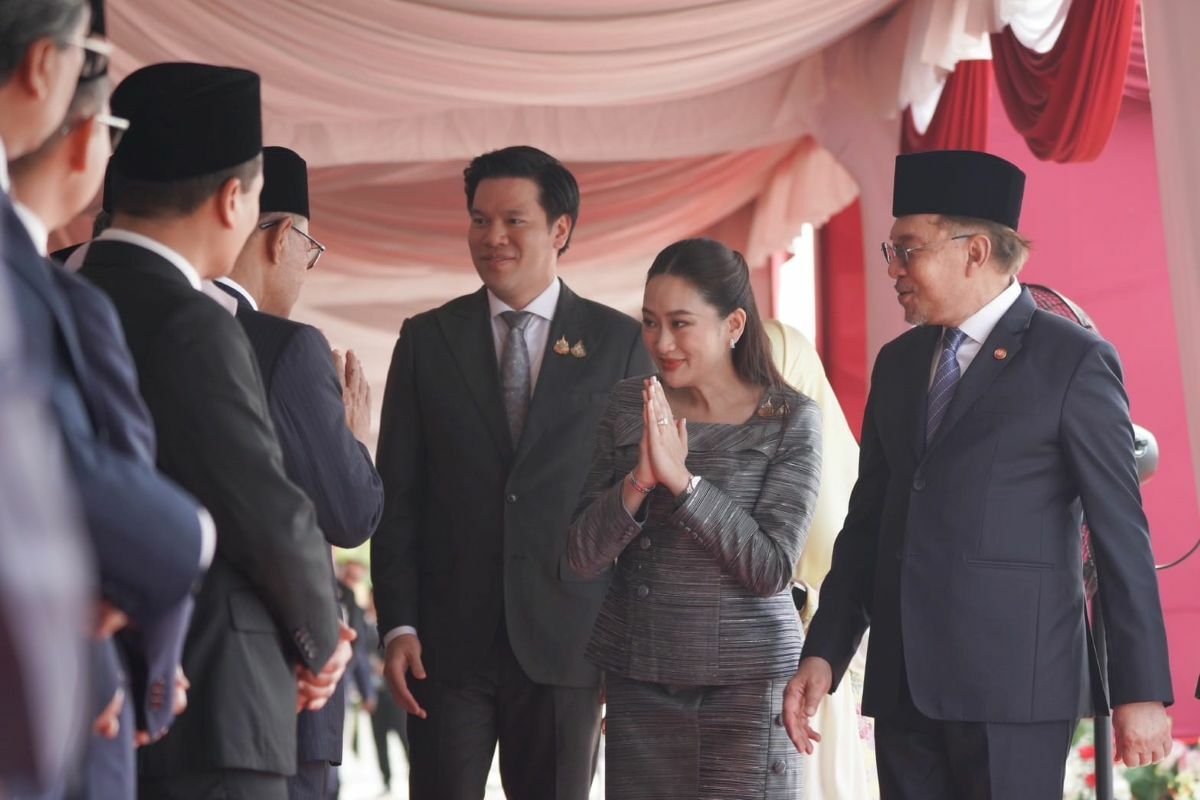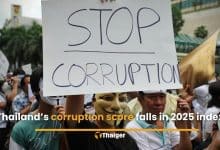PM Paetongtarn’s plans for ASEAN growth

Thailand Prime Minister Paetongtarn Shinawatra has emphasised the importance of fostering regional economic integration, and fortifying supply chains among ASEAN nations to contribute to global economic progress.
In an interview, the 38 year old PM highlighted the potential for ASEAN, under Malaysia’s chairmanship, to expedite the implementation of the Regional Comprehensive Economic Partnership (RCEP) to stimulate regional growth.
The Thai premier reaffirmed her dedication to collaborating with Malaysia, as the current ASEAN Chair, alongside other RCEP member states to ensure the full utilisation and efficient execution of the agreement.
Beyond RCEP, she expressed support for Malaysia’s initiatives to enhance economic integration by modernising other free trade agreements (FTAs) with external partners, as well as advancing the development of the Asian Digital Economy Framework Agreement.
“I believe these efforts will complement RCEP and support Malaysia’s leadership in strengthening intra-ASEAN trade and investment.”
RCEP, recognised as the world’s largest free trade agreement, has already demonstrated its value by increasing trade and investment among member countries, improving market access, facilitating trade, and reinforcing regional supply chains, says PM Paetongtarn. She also noted its expansion into new areas of cooperation, including e-commerce and micro, small, and medium enterprises (MSMEs).

The PM praised the recent establishment of the RCEP Support Unit (RSU) within the ASEAN Secretariat, expressing optimism that it would serve as a vital mechanism in accelerating RCEP’s full implementation.
RCEP comprises 15 countries, including the 10 ASEAN member states: Brunei, Cambodia, Indonesia, Laos, Malaysia, Myanmar, the Philippines, Singapore, Thailand, and Vietnam, along with five of ASEAN’s Dialogue Partners: Australia, China, Japan, South Korea, and New Zealand.
The agreement encompasses approximately 30% of the global gross domestic product (GDP) and a similar proportion of the world’s population.
The agreement provides a framework for free trade among its participants, setting out rules and procedures for accessing preferential tariffs across member nations. RCEP negotiations formally commenced at the 2012 ASEAN Summit in Cambodia, with the agreement signed on 15 November 2020, reported The Nation.
Since its full implementation, ASEAN’s trade with RCEP partners reached US$1.9 trillion in 2023, an increase of 25% compared to pre-pandemic levels. Foreign direct investment from RCEP partners also saw significant growth, totalling US$66.3 billion, which accounted for 28.9 per cent of total FDI inflows to ASEAN in 2023.
Latest Thailand News
Follow The Thaiger on Google News:


























